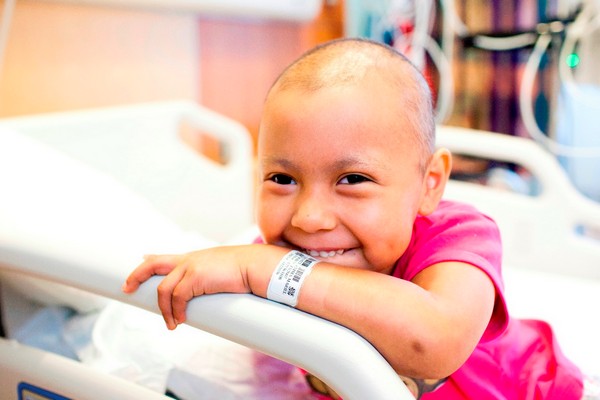- The author of this article is Dr. Ruchira Misra, Sr. Consultant (Paediatric Haemato-Oncology and Bone Marrow Transplant), SRCC Children’s Hospital, managed by Narayana Health.
Paediatric Oncology is a very fast developing and changing field due to ongoing research in the fields of cancer, cancer genetics and developmental therapeutics (science of development and testing of newer drugs). The age-old chemotherapeutics agents and their combination protocols have been very effective albeit the multitude of side effects. The chemotherapeutic agents used conventionally are active against fast dividing cancer cells. These drugs hence have undesirable side effects because they affect hair cells, skin cells, the mucosal lining of the stomach and intestinal tract as well blood cells in addition to their desirable effects on cancer cells. These result in the majority of the side effects due to chemotherapy.
There has been pioneering research in the field of cancer genetics and therapeutics. Specific chemicals or molecules or signatures have been identified for cancer cells and treatments are being developed which target these. Usually these molecules are important for the survival, growth or division or spread of the cancer cell. Blocking or destroying or targeting these to destroy or block their action results in loss of the supportive function they provide to the cell.
This leads to destruction of the cell and prevention of growth or spread which are basic functions of cancerous cells. Such medications are called targeted agents or drugs. These have action more specifically against cancer cells and affect the normal cells to a lesser degree. Hence, the side effects of these targeted drugs are lesser than the older chemotherapeutic drugs which have a diffuse action over many body cells. Hence these newer targeted drugs are much desirable almost like a new fashion!
The current issues with these drugs are their cost and certain limitations in their efficacy and duration of effect. Many of these drugs when used appropriately for the correct tumours give very good clinical response but this response may last only as long as the drug is being given or be short lasting or incomplete. This is usually due to the smart escape or by-pass mechanisms that the cancer cells figure out to evade the effects of the drug in use. More and more research is under way to understand these evasion or resistance mechanisms. From such research are emerging newer ways to combine medications and modalities to overcome these shortcomings to attain sustained and curative cancer remissions.






